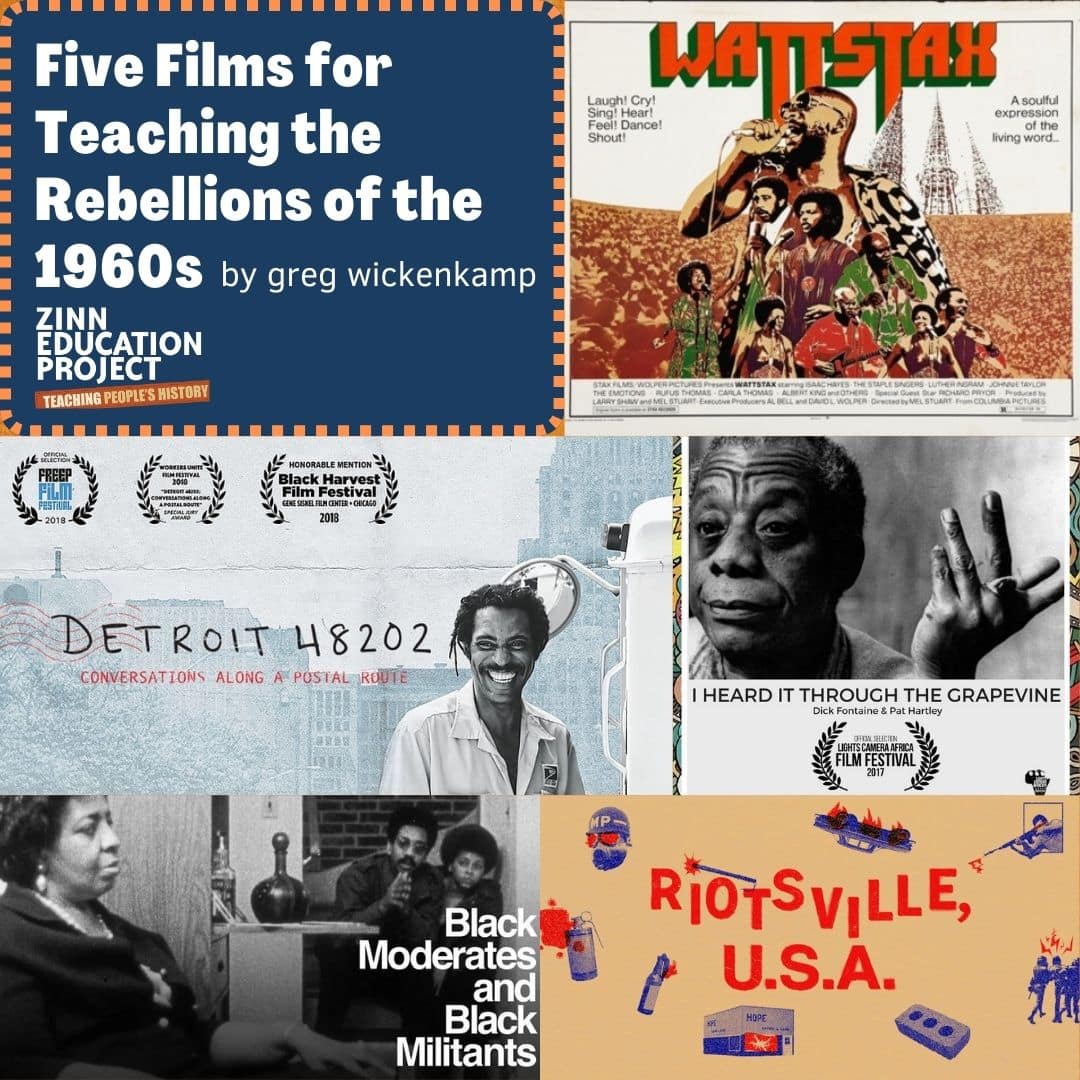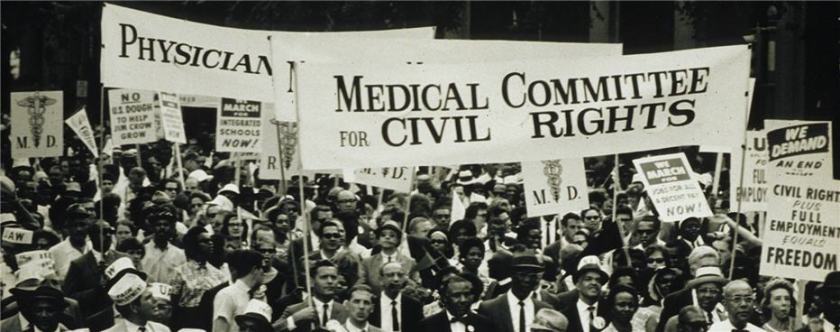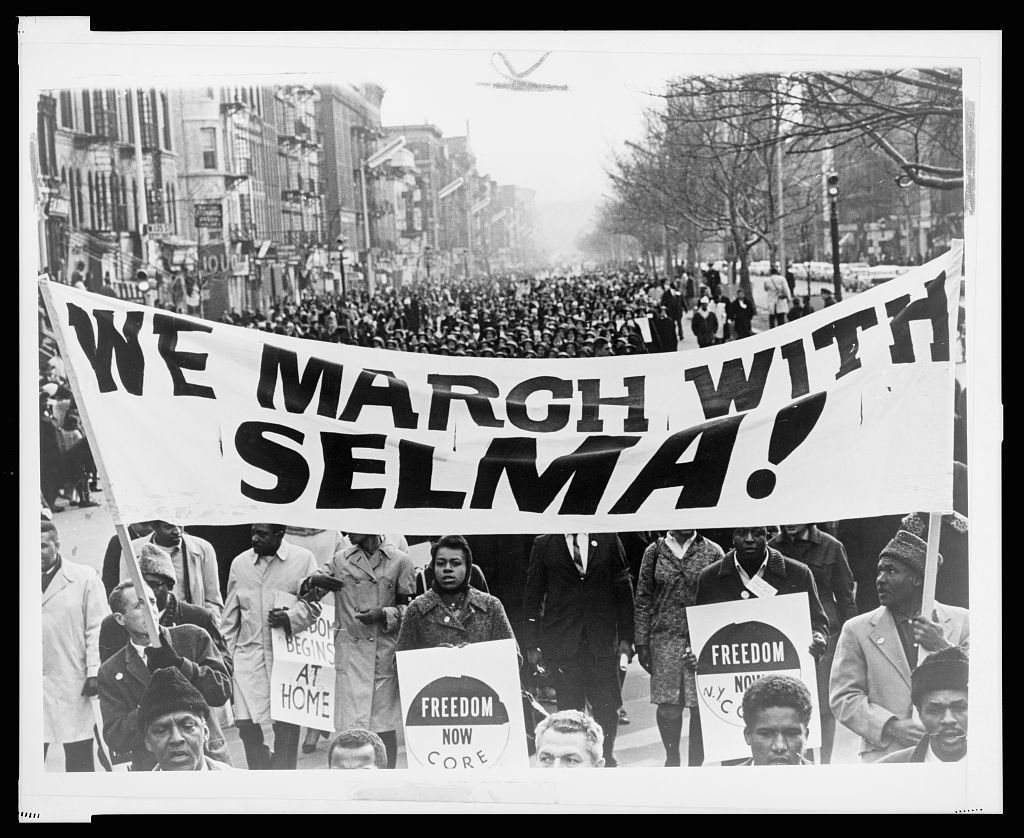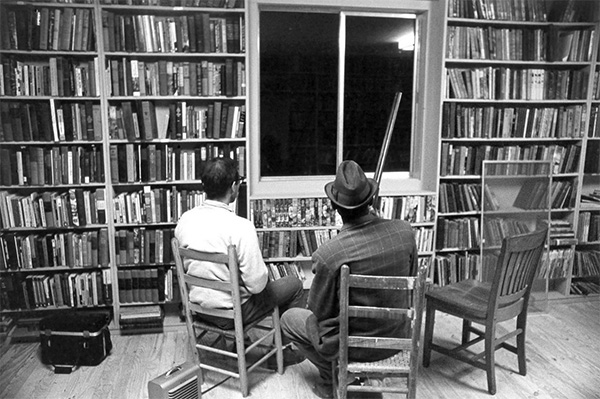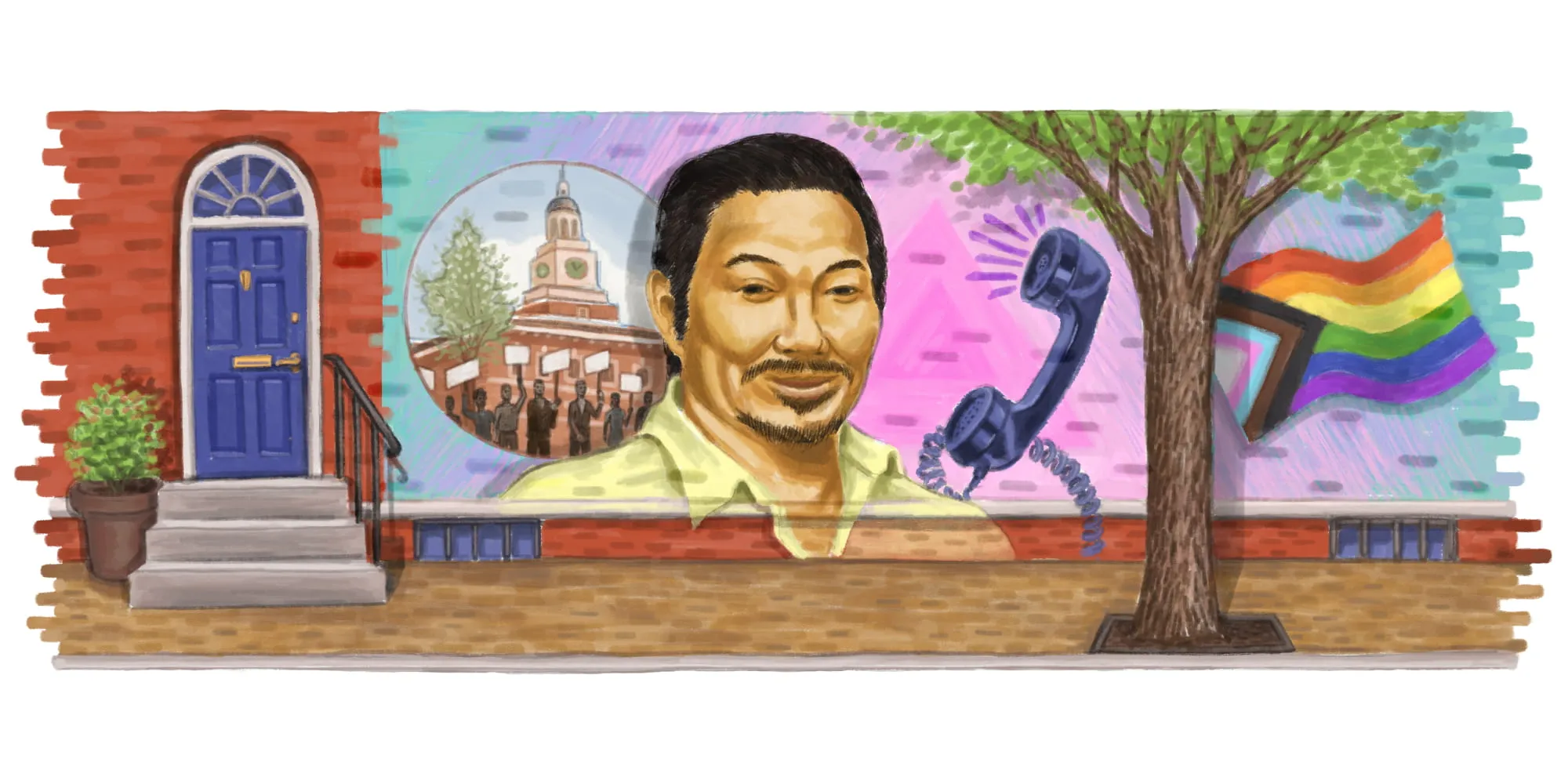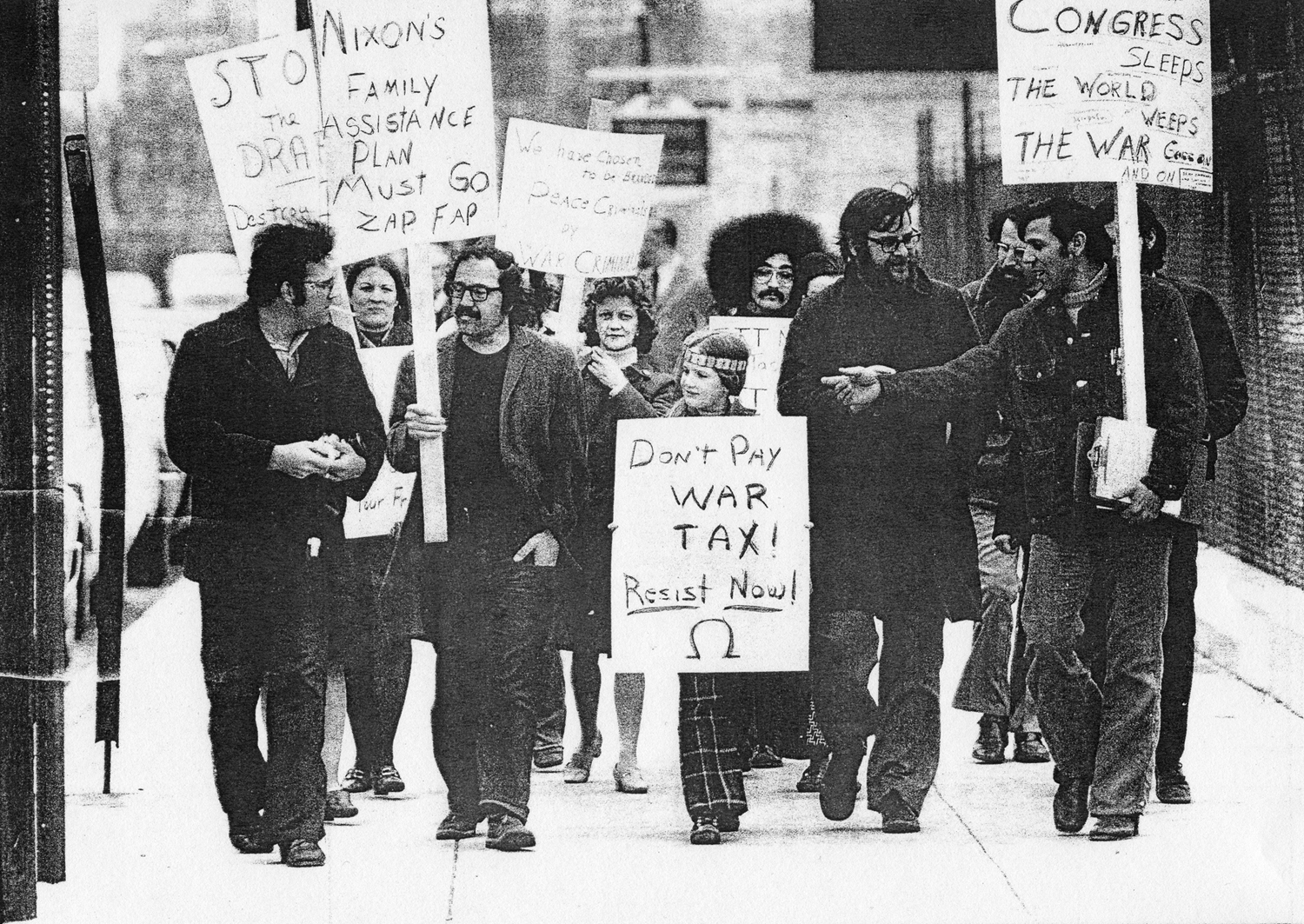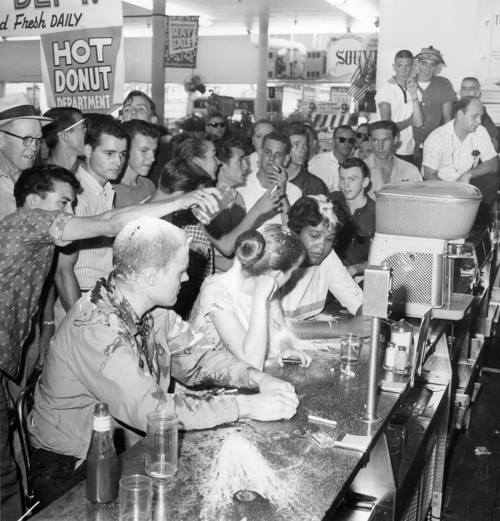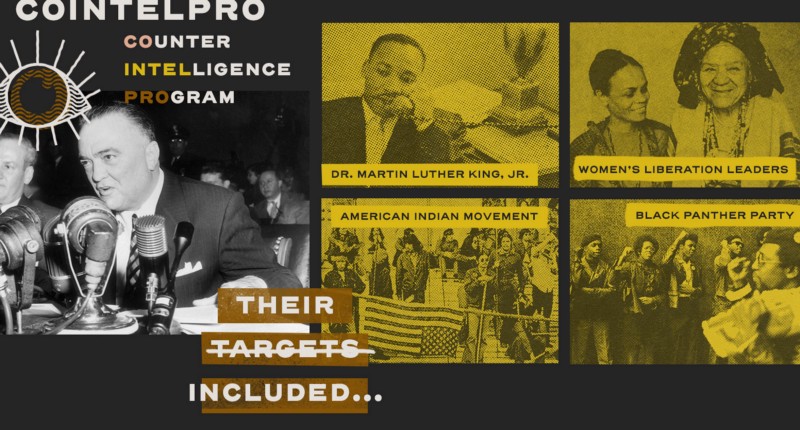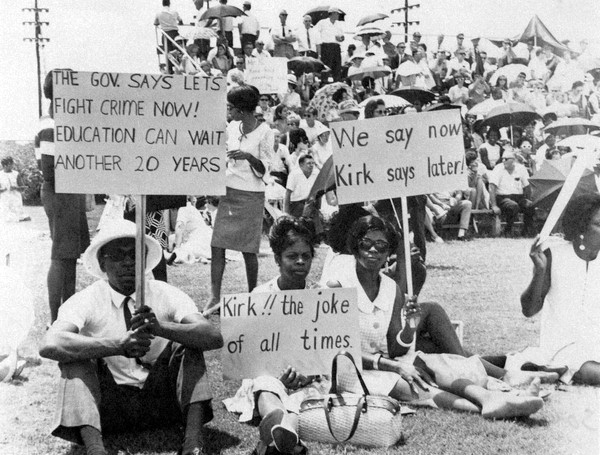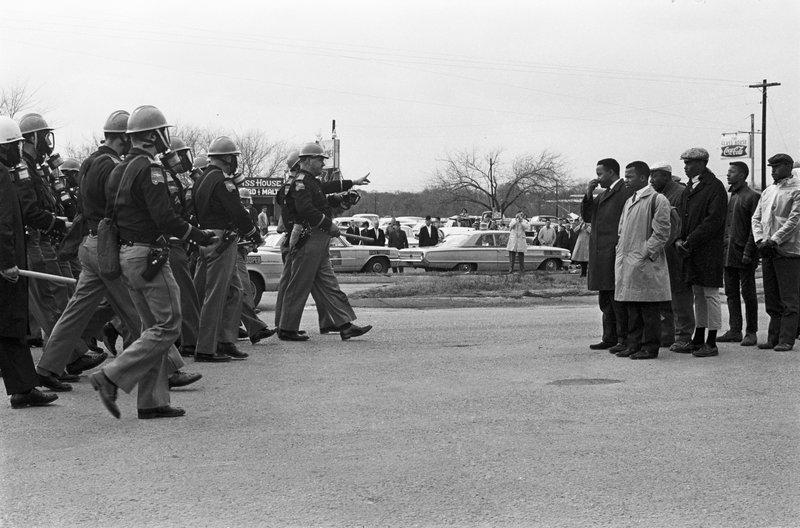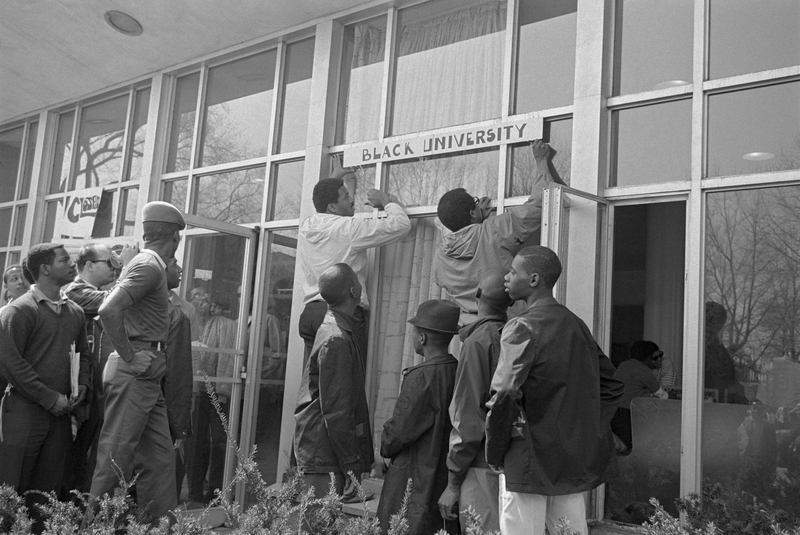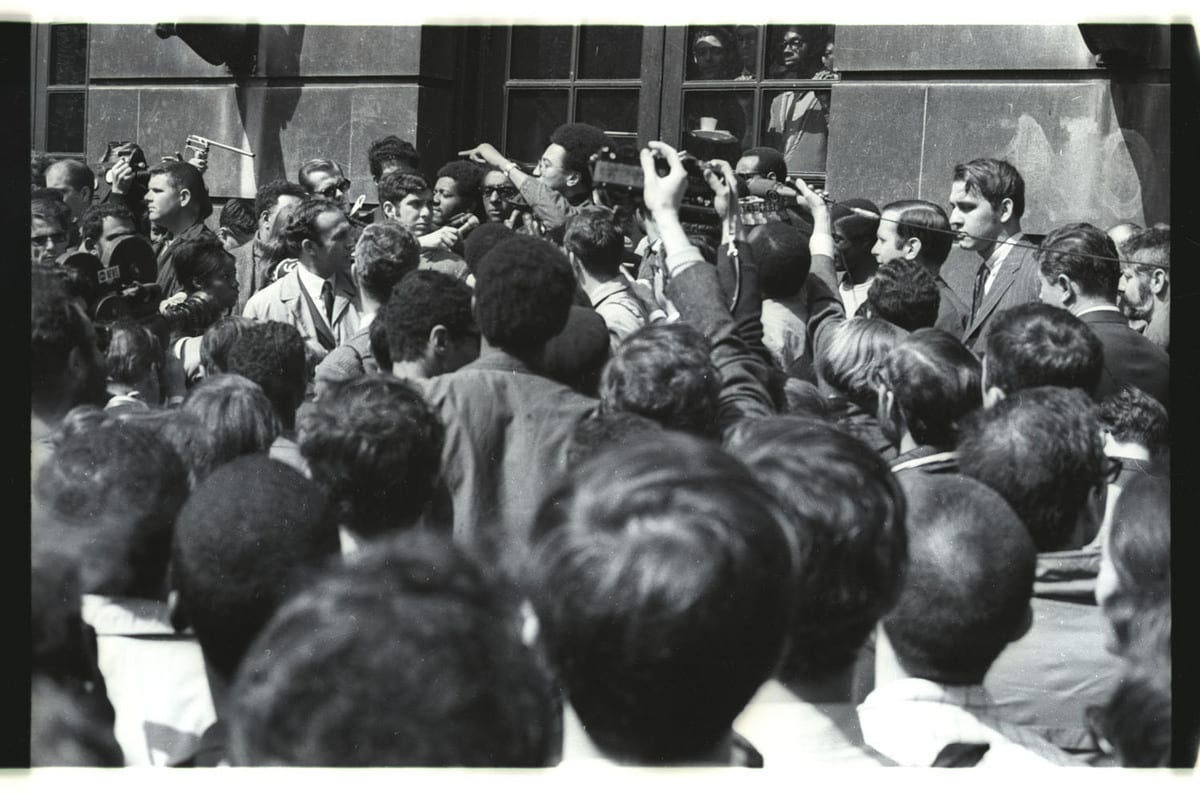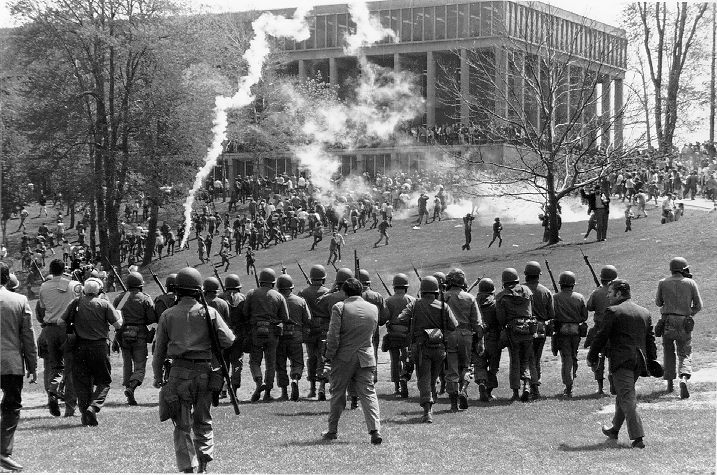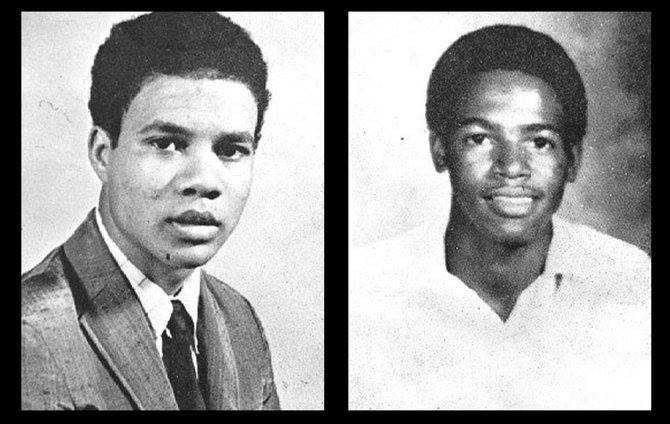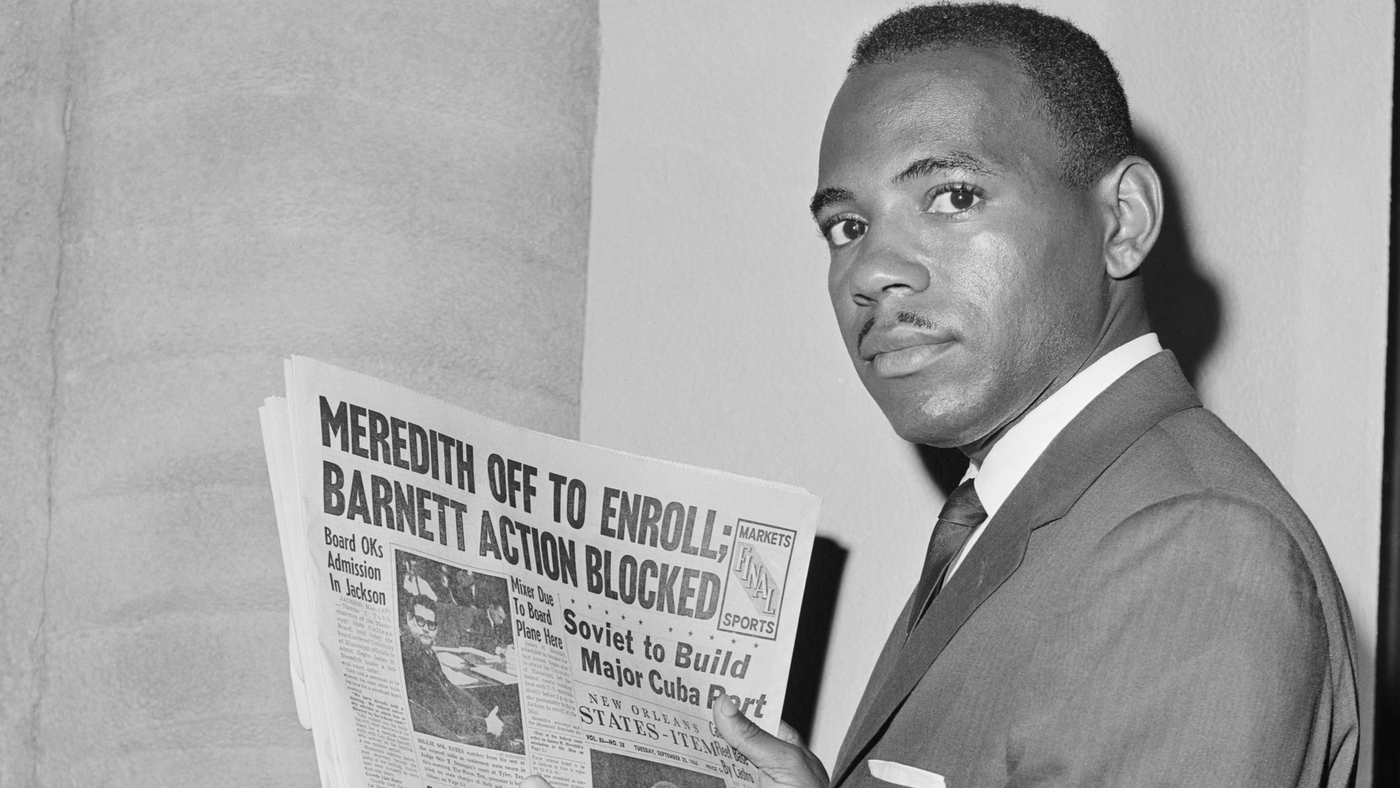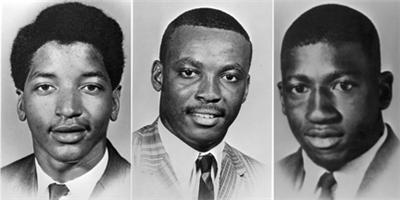Article. By greg wickenkamp. 2024.
A description of the top five films for teaching about the uprisings of the 1960s, plus a handful of honorable mentions.
Continue reading
The Medical Committee for Human Rights (MCHR) provided support to civil rights workers in Mississippi at the height of the Civil Rights Movement and raised awareness of the health care disparities due to racism in the United States.
Continue reading
Following months of protests to end segregation, Black residents of Tuscaloosa, Alabama were brutally attacked by police and the Klan inside the First African Baptist Church.
Continue reading
Book — Non-fiction. By Orisanmi Burton. 2023. 328 pages.
Drawing on oral history and applying Black radical theory in ways that center the intellectual and political goals of incarcerated people, this book argues that prisons are a domain of hidden warfare within U.S. borders.
Continue reading
In 1971, Denmark beat Mexico in the second unofficial Women’s World Cup in front of a sold-out crowd of 112,500 fans at Mexico’s Aztec Stadium. As of 2024, it is still the most attended women’s sporting event on record.
Continue reading
Picture book. By María Dolores Águila and illustrated by Magdalena Mora. 2024. 40 pages.
The true story of how community members organized a massive protest in 1970, forcing the city council to change its plans.
Continue reading
The Columbia Avenue Riot began in the predominantly African American neighborhoods of North Philadelphia after an altercation with the police and continued for three days.
Continue reading
On June 8, 1966, protesters with the Action Coordinating Committee to End Segregation in the…
Continue reading
In solidarity with the Palestinian people, Detroit auto workers led a one-day strike protesting the United Auto Workers’ (UAW) support of Israel.
Continue reading
A national day of awareness for Missing and Murdered Indigenous Women and Girls and 2SLGBTQI+ people (MMIWG2S).
Continue reading
Lifelong gay rights and anti-war activist Kiyoshi Kuromiya held a demonstration while in college against the use of napalm in Vietnam by announcing that a dog would be burned alive with napalm in front of the university library.
Continue reading
Twenty anti-war protesters were arrested for breaking into selective service offices and destroying draft records.
Continue reading
Students and faculty from Tougaloo College held a sit-in at the Woolworth’s lunch counter in Jackson, Mississippi.
Continue reading
A cab driver, a day care provider, and two professors broke into an FBI office in Media, Pennsylvania, and stole more than 1,000 classified documents.
Continue reading
Teachers and administrators from the Florida Education Association (FEA) walked out in what is reported to be the first statewide teachers’ strike.
Continue reading
To protest the police murder of Jimmie Lee Jackson and for voting rights, more than 600 people began a peaceful march from Selma to Montgomery.
Continue reading
Howard University students seized the Administration Building, demanding changes in the discipline policy, the addition of courses in African American history, and more.
Continue reading
Students for a Democratic Society, Student Afro-American Society and others began a nonviolent occupation of campus buildings at Columbia University.
Continue reading
During an anti-war protest at Kent State University, the Ohio National Guard shot unarmed college students, killing four. Students were also killed at Jackson State (May 15, 1970), and Orangeburg (February 8, 1968).
Continue reading
College student Phillip Lafayette Gibbs (21) and high school student James Earl Green (17) were killed by the police during an anti-war protest at Jackson State College.
Continue reading
James Meredith attempted to register at the University of Mississippi.
Continue reading
A group of students were suspended at Southwest Texas State University for peacefully protesting the Vietnam War.
Continue reading
Two years before the Kent State murders, 28 students were injured and three were killed in Orangeburg, South Carolina — most shot in the back by the state police while involved in a peaceful protest.
Continue reading

